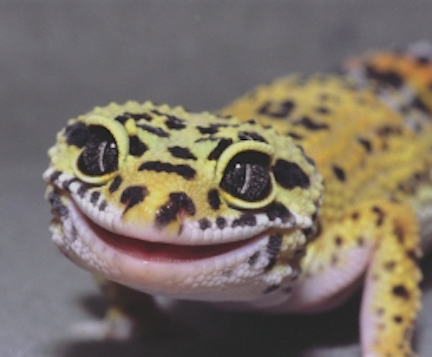What is the lizard feeling?
What is the dog feeling?
1. How is each animal feeling?
2. One is a mammal and the other is a reptile: what’s the
difference mentally and emotionally between these?
3. Can a reptile feel sad, happy, interested, curious?
4. Love, gratitude, curiosity, loneliness, friendship, fear,
anger, envy, sadness, joy
Which of these emotions can a crocodile feel?
What's the difference, mentally, between a mammal and a reptile?
Are there any highly intelligent reptiles? Can reptiles feel love?
1. How did Chito find the crocodile?
2. How did he make
friends with it?
3. What happened when
Chito released the crocodile?
1. What is the world of an elephant like? What makes it different from the world of a human?
2. What is the would of a goldfish like? What kind of awareness does it have?
3. What is the world of a 500-year-old shark like? (yes, they do actually exist) Is it aware of its age?
4. What is the world of a dragonfly like? What is it able to experience?
5. Do we as humans all live in roughly the same world?
6. Here's an interesting conundrum:
Do humans have multiple points of view of a shared reality, or does society impose a shared view of different multiple realities?
Discuss the ancient Chinese parable of Zhuangzi's Dream
"Zhuangzi dreamed he was a butterfly, happy and doing as he pleased, unaware that he was Zhuangzi. When he woke up, he didn't know if he was Zhuangzi who dreamed he was a butterfly, or a butterfly dreaming he was Zhuangzi."
There are many situations that only humans can understand - but are there any emotions that only humans can feel?
Think about these creatures
elephants mice dogs cats snakes butterflies tigers eagles
What emotions can they feel?
guilt
anger
pride
love
fear
joy
boredom
despair
hope
shame
jealousy
humour
gratitude
insignificance
curiousity
Think about the same emotions again, this time compare how adults and children might experience these emotions differently.

1. What's special about parrots?
2. What are the armchair explanations given for this kind of animal behaviour?
3. What actually are the findings of these experiments?
4. Have you personally experienced a pet anticipating someone's arrival home?
5. Does the speaker seem credible to you?
6. If not telepathy, what is the explanation?
Animal Telepathy
More about the speaker and his ideas:
Undermines
Paranormal
Parapsychology
Conjecture
interconnections
pseudoscience
inconsistency
Alfred Rupert Sheldrake (born 28 June 1942) is an English
author, and researcher in the field of ____________, who developed the concept
of "morphic resonance".
Sheldrake's morphic resonance _________ posits that
"memory is inherent in nature" and that "natural systems, such
as termite colonies, or pigeons, or orchid plants, or insulin molecules,
inherit a collective memory from all previous things of their kind".
Sheldrake proposes that it is also responsible for "telepathy-type ___________
between organisms". His advocacy of the idea encompasses _________
subjects such as precognition, telepathy and the psychic staring effect as well
as unconventional explanations of standard subjects in biology such as
development, inheritance, and memory.
Morphic resonance is not accepted by the scientific
community as a measurable phenomenon and Sheldrake's proposals relating to it
have been characterised as __________. Critics cite a lack of evidence for
morphic resonance and an __________ between the idea and data from genetics and
embryology. They also express concern that popular attention paid to
Sheldrake's books and public appearances _________ the public's understanding
of science.
Does reading this make you more (or less) skeptical of the ideas in the video? Or do you think there might be something to the idea of morphic resonance?
Further reading: Unit 13 Natural Wonders reading p 154-55 FCE Gold


No comments:
Post a Comment